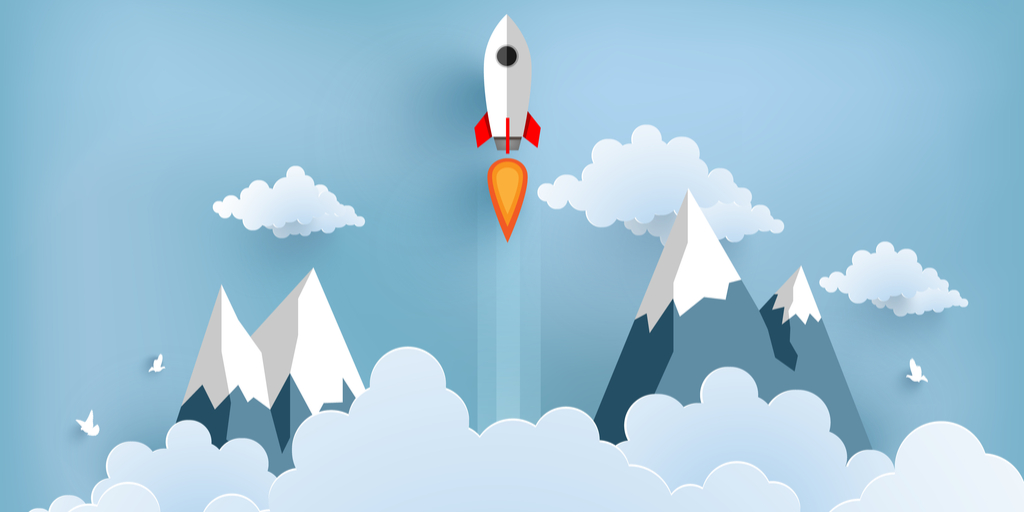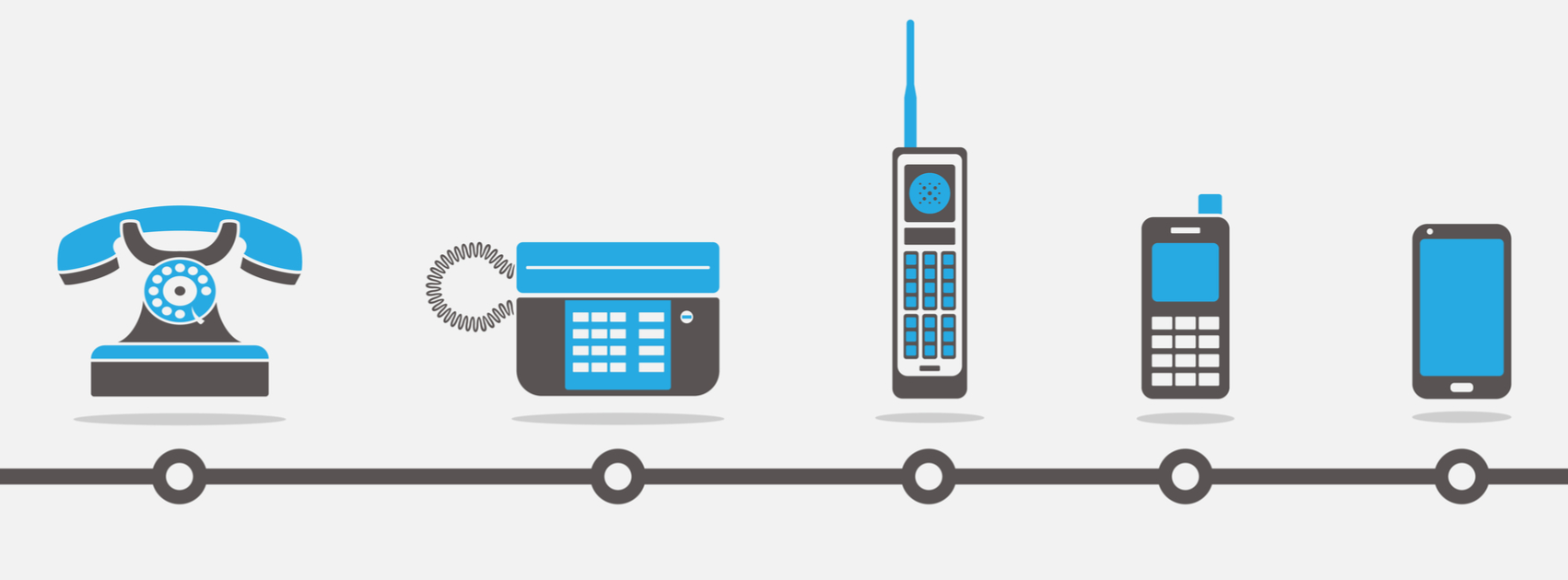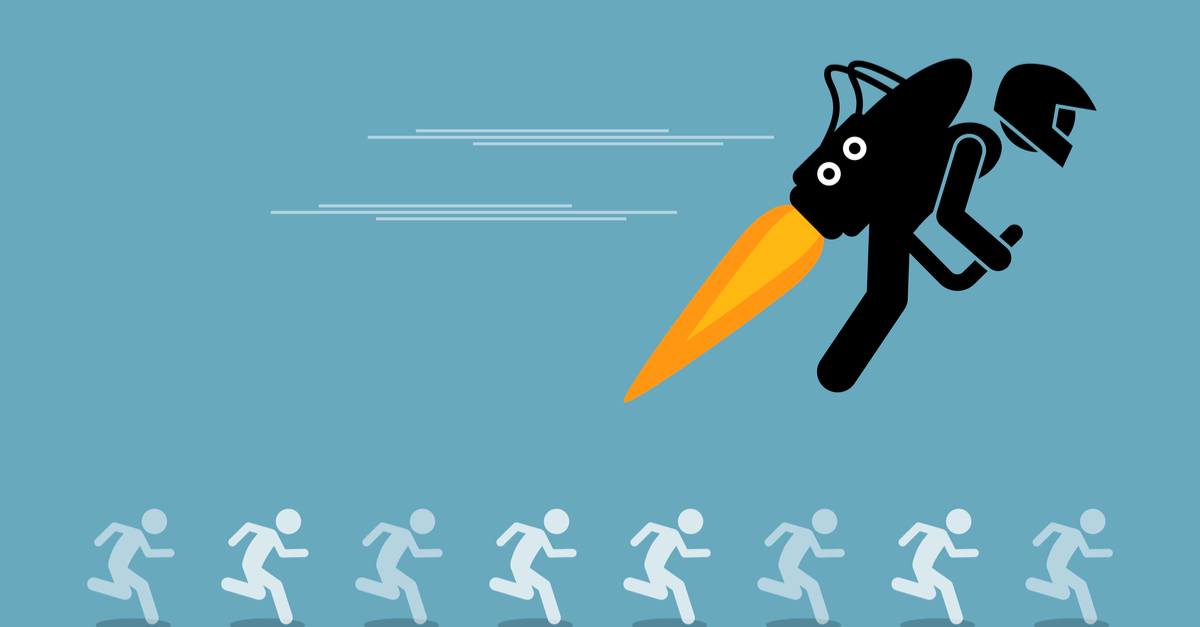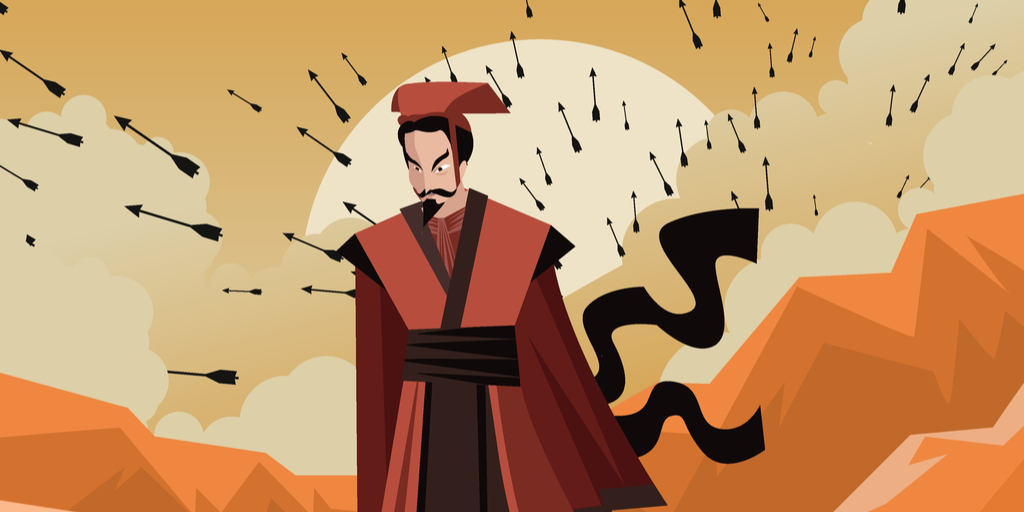
We’re an affiliate!
We hope you love the books we recommend! Just so you know, we may collect a share of sales or other compensation from the links on this page. Thank you very much if you use our links, we really appreciate it.
Long story short, “Zero to One” is about Peter Thiel’s lessons on entrepreneurship where the marketplace should focus on building solutions that are completely brand new as opposed to incrementally improving on existing ideas.
As Thiel calls it, it is better to be starting from zero, than by going from 1 to N. This inspires the idea of doubling down on new efforts and how businesses can build a process of how to execute on those new ideas.
Starting anything new is scary. Whether it’s a new business, relationship or even this blog, there is the fear of uncertainty when embarking in that new journey. After reading Zero to One by Peter Thiel, I felt that with any new venture this is the perfect book to reflect on when starting off that journey.
As I was starting this blog it taught me several lessons on entrepreneurship that I can execute for my own journey.
Here are the three lessons about entrepreneurship that I have learned from Zero to One:
Focus on new ideas, instead of building on existing ideas
Monopolies > Competition
Being last is better than being first
For those who don’t know
Peter Thiel was the co-founder of PayPal, and the very first investor in Facebook. Ever since then, his mission is to help aspiring entrepreneurs through philanthropic initiatives and started his own Venture Capital fund to invest in businesses focusing on emerging technologies.
Lesson #1: Focus on ideas that are brand new, instead of building on existing ideas

The reason why I started this blog relates to the very first point Thiel makes in the first chapter “What important truth do very few people agree with you on?”.² For me, this important truth is that reading books based on one’s genuine curiosity is more beneficial than pursuing a formal education funded worth over $100,000 because it is considered “safe” by providing a “clear career path”.
What Thiel argues is that his important truth is the fact that entrepreneurs should focus on ideas that are actually new & different, as opposed to expanding on existing ideas.
The reason for this is the fact that in today’s globalized world, businesses tend to place heavy emphasis on aspects such as “scalability” and “short-term profitability”. Nothing monumental comes from these short-sighted objectives, whereas if businesses where to aim high for technological progress from new initiatives, this would advance our current processes and ultimately speed up human progress.
Think Thomas Edison vs. Nikola Tesla, both legendary inventors that shaped the way we think about and utilize electricity. Where the former emphasizes inventing on existing technologies through trial & error leveraging an old type of electric current known as Direct Current, while the latter wants to break the mold and create something the world has never seen before by inventing a new form of electric current called Alternating Current.
At the end of the electricity war, Tesla emerged victorious as he became synonymous with being the “father of electricity” by finding a way to create a new system for electric currents.³
Lesson #2: Monopolies drive innovation, Competition hinders it

Building on Lesson #1, one of the strongest motivators for a business is to beat their competition in the marketplace. While there is nothing wrong with wanting to stay ahead of the game, Thiel mentions that the competition cannot be the sole purpose of why a business exists.
Let me explain…
By constantly worrying about the competition, you focus on the smaller parts of the business such as squeezing your profit margins and making improvements at an incremental level. However, Thiel explains that companies should focus instead on the bigger picture by continuously finding ways to add value that were never imagined before.
Monopolies are the true kings of innovation that bring progress to technology and the human race. Companies like Amazon are able to showcase their ability to constantly innovate, without worrying about what the marketplace is doing by reinventing how they add value to its customers through multiple initiatives. These initiatives include the Amazon Web Services, Prime and self-serve stores in Amazon Go.
Their goal of being “Earth’s most customer-centric company” is centred around making the customer experience improve in ways that haven’t been done before.⁴
Lesson #3: Being last is better than being first
In this day and age, a go-to-market first strategy is typically done to capture market share as fast as possible. While this might make sense, Thiel reflects and poses the question “Will this business still be around a decade from now?”.²
This question provokes some thought into me as I start to question “Does it really matter if you are first or last in an industry? The concept of the last mover’s advantage is where one makes a timely & impactful development in a particular market. When he says timely & impactful, he refers to three separate questions: how disruptive is the business, how durable is it and will it generate substantial future cash flows?
To reflect on this point, you can understand why the technology companies of today such as Uber, LinkedIn and Amazon tend to have soaring valuations because it is based on not what they did when they first started, but what they will do 10 to 20 years down the line in terms of adding value in the marketplace.
Summary/ Key Takeaways:
Long story short, this sums up the three main takeaways that I have learned from Zero to One. I highly recommend this to any aspiring entrepreneur as I will definitely refer to this book time and time again. If you would like to give Peter Thiel’s Zero to One a read while supporting the blog feel free to click below:
Sources for this post:
#1: Britannica, The Editors of Encyclopaedia. “Peter Thiel.” Encyclopædia Britannica, Encyclopædia Britannica, Inc., 7 Oct. 2018, www.britannica.com/biography/Peter-Thiel.
#2: Thiel, Peter A., and Blake Masters. Zero to One: Notes on Startups, or How to Build the Future. Virgin Books, 2015.
#3: Ghose, Tia. “Nikola Tesla vs. Thomas Edison: Who Was the Better Inventor?” LiveScience, Purch, 10 July 2014, www.livescience.com/46739-tesla-vs-edison-comparison.html.
#4: Farfan, Barbara. “Here Is a Look at the Mission Statement of Amazon.com.” The Balance Small Business, The Balance Small Business, www.thebalancesmb.com/amazon-mission-statement-4068548.






